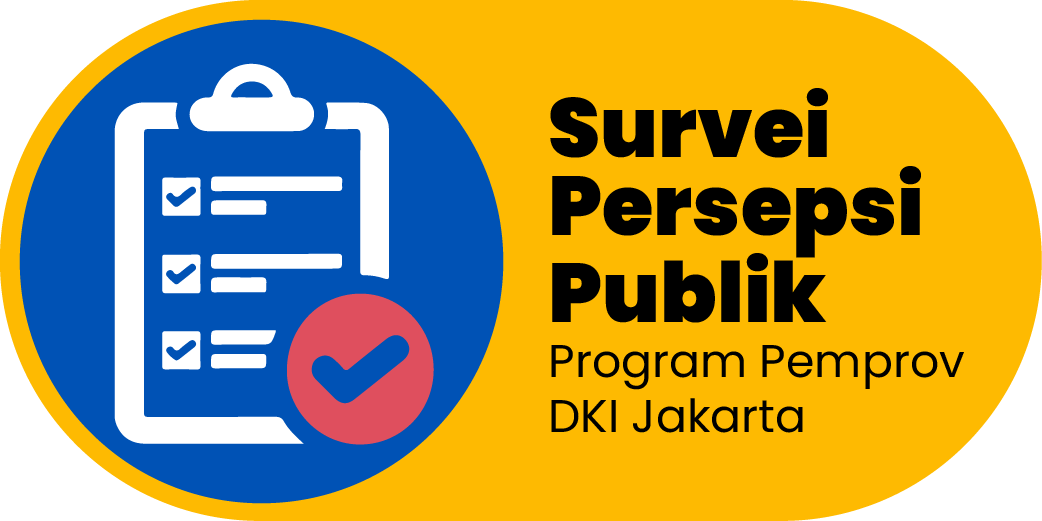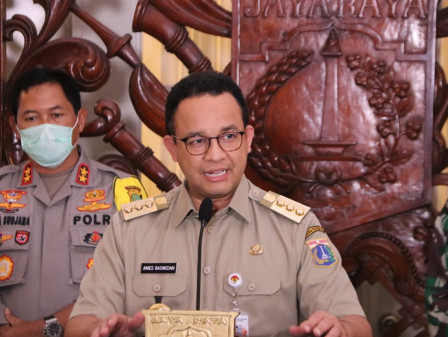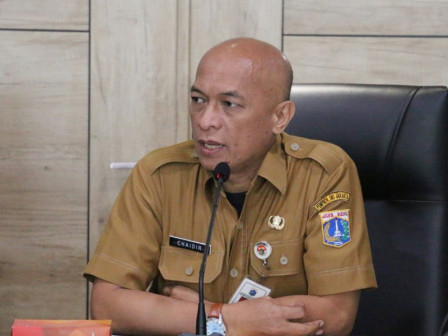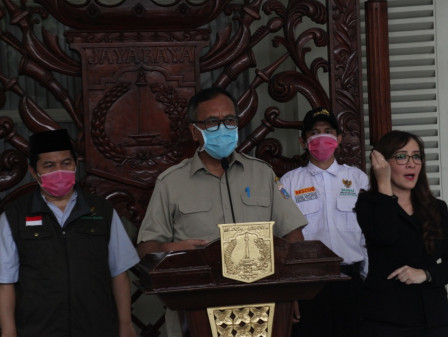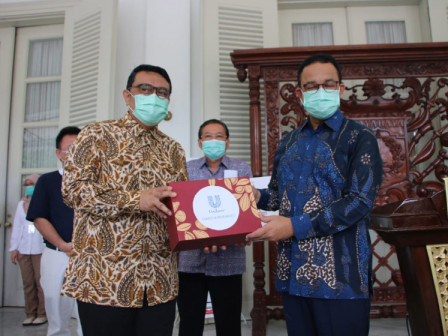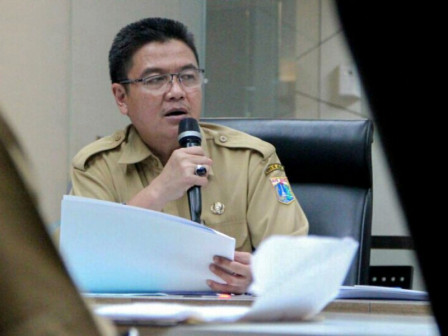City Gears Up to Implement Large Scale Social Restrictions on Friday
Reported by Rezki Apriliya Iskandar | Translated by Nugroho Adibrata
Surely physical distancing is very important
The Jakarta Provincial Government, finally decided to implement large scale social restrictions in Jakarta after being granted permission by the Health Minister to enforce the policy in an effort to combat the COVID-19 pandemic.
It was announced by Jakarta Governor Anies Baswedan after a coordination meeting about PSBB discussion along with Forkopimda where it would be implemented effectively on Friday (4/10).
Anies Calls on Jakartans for Use of Masks to Prevent COVID-19 Transmission"Surely physical distancing is very important. We have coordinated with police, army and COVID-19 response team to ban mass-gathering in the community, including public transportation services starting on Friday," he expressed, on the sidelines of a press conference at Jakarta City Hall's Pavilion, Tuesday (4/7) night, as quoted by Jakarta PPID's press release.
This policy would be valid for 14 days and could be extended as needed in a region. Together with police and army, the city will take firm action if the public does not obey the applicable policies.
"Gatherings of more than five people will be banned. That's why patrol in the city will be more intensified. It is important for us to obey these rules," he explained.
However it had no effect on a number of sectors. They are government, such as Jakarta Provincial Government, police and army thus public services will continue to operate. The second is the business and offices, which can still run its activities, covering eight sectors:
1. Health
2. Food
3. Energy (water, gas, electricity, gas stations)
4. Communication (communication services to communication media)
5. Finance and banking, including the capital market
6. Logistics/distribution of goods
7. Retail daily needs (stalls, grocery stores)
8. Strategic industries in the capital region
"Health sector for instance, the hospitals and clinics will remain active, including healthcare industries engaged in the business of producing soap and disinfectants. Likewise with social organization activities related to handling COVID-19 spread, such as alms management institutions, social assistance management agencies or NGOs in the health sector and those related to handling COVID-19," he explained.
But in its implementation, it should be supported with physical distancing and COVID-19 protocol, which requires the use of masks and providing hand-washing facilities.
"So all other activities outside such sectors are encouraged to work from home," he closed.
